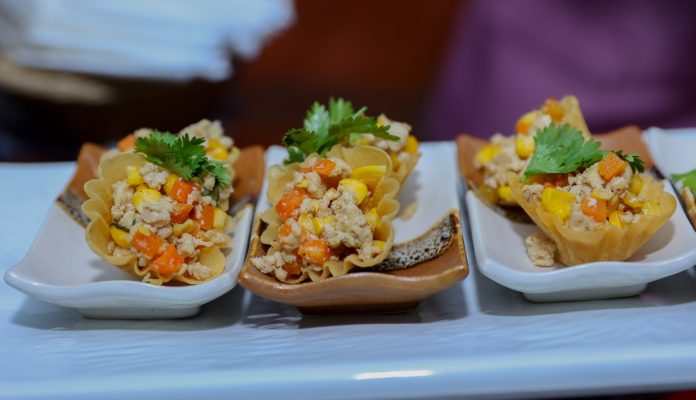Copyright farmersweekly

Reading Time: 3 minutes An extremely competitive floor covering market in Europe continues to squeeze financial margins, according to the head of one of the continent’s largest wool covering producers. Duarte Oliveira, executive manager of Portuguese carpet manufacturer Lusotufo – a key Wools of NZ customer for more than a decade – said wool carpets remain niche, and despite consumer intentions to shun fossil fuel or plastic carpets, cost still ultimately drives many purchasing decisions. Lusotufo, a third-generation family-owned business based near Porto, Portugal’s second largest city, specialises in manufacturing wool carpets and wool carpet yarn. It is Europe’s second largest carpet producer and the third or fourth largest producer of carpet yarn. Floor covering markets such as the United Kingdom continue to favour wool but given the option of paying €2/m sq for polyester or €5-€6 for wool, many customers are driven by price. “It’s always a balance between price and demand,” Oliveira said. “It’s a completely different price point. “There is a lot of talk from a lot or people aware of the problems with plastic, but at the end of the day you are seeing more and more plastic products coming onto the market in both carpets and garments.” While European and New Zealand markets are stable, the Australian market is growing. Lusotufo sources wool from Europe, the United Kingdom and NZ, and Oliveira said all wool growers are facing low incomes. Merino wool producers in Spain and Portugal three years ago received €1.90/kg. This year it is €60c. The other factor facing wool carpet manufacturers is the dominance of Chinese wool buyers and their influence on price. If they are active in the market, Oliveira said, the wool price rises. If they are not, the price is lower. “Every time China gets busy prices go up. When China goes quiet prices go down.” Lusotufo buys scoured NZ wool from merchants and says it is already the most expensive in the world. When prices increase, there is consumer resistance and manufacturers are reluctant to develop and release new ranges and new products. He is confident there will always be demand for wool carpets due to their quality, but it will be niche and the market will be buffeted by economic conditions, which will impact what they can pay growers. Its carpets are a blend of NZ and UK wool, which improves its resilience, and each square metre uses 1.5-2kg of wool depending on the depth of pile. Oliveira said paying growers a further 50c to $1/kg for scoured wool adds significantly to the retail price. “I’m not saying it’s too expensive and farmers are getting too much money, but sheep farmers should not count on wool to drive their business.” NZ supplies the best quality carpet wool and Oliveira urged farmers to maintain high standards such as minimising black fibre and vegetable matter. “Please take care to get quality as high as possible. “The day NZ quality declines to the quality of other wool, then NZ loses its advantage.” Currently China is actively buying wool and Wools of NZ chief executive John McWhirter said prices are double what they were at the end of the covid pandemic. McWhirter said Wools of NZ has been trying to improve supply chain efficiency to reduce the price differential between wool and plastics, which is about $2000 to $4500 to carpet a house, a gap that is a major deterrent for using wool. It has been reduced in some markets to about $1000 but he has a target of $500-$700, which still preserves a premium that recognised the merits of wool. “It should be more expensive because it’s better.” McWhirter said the strong wool sector is facing the consequences of not promoting the fibre for the past 25 years. Wallace’s Meeting the Market tour has been made possible with grants from Fonterra, Silver Fern Farms, Rabobank, Zespri, Alliance Group, Meat Industry Association, Wools of NZ, Beef + Lamb NZ, NZ Merino, European Union and Gallagher.



